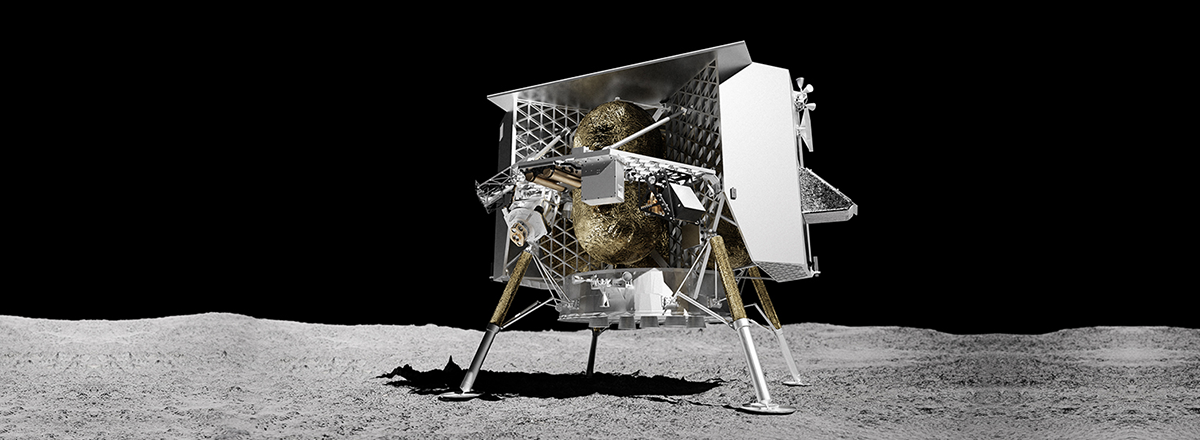Peregrine Moon Lander's Fiery End Marks Astrobotic's Brave Effort
This unfortunate outcome marked the conclusion of Peregrine's debut mission, which aimed to make it the first commercial lunar lander and the first American spacecraft to land on the Moon in decades.

The ambitious Peregrine lunar lander, launched by Astrobotic Technology, met a fiery end as it reentered Earth's atmosphere and disintegrated over the Pacific Ocean. This unfortunate outcome marked the conclusion of Peregrine's debut mission, which aimed to make it the first commercial lunar lander and the first American spacecraft to land on the Moon in decades.
The launch of Peregrine, atop the new Vulcan Centaur rocket by United Launch Alliance, went smoothly on January 8. However, just hours into its mission, the lander experienced a propulsion anomaly that led to a significant propellant leak, ultimately rendering it incapable of reaching the Moon's surface. Despite the setback, Astrobotic maintained transparency and regularly updated the public on the mission's progress.
Astrobotic's CEO, John Thornton, expressed pride in Peregrine's performance despite the mission's premature end. He highlighted the successful operation of various systems and technologies, even as they faced challenges.
The anomaly that caused Peregrine's downfall involved a valve malfunction in the lander's propulsion system, which led to the unintended entry of helium into the oxidizer tank. This resulted in a critical rupture of the tank due to increased pressure.
Astrobotic's decision to allow Peregrine to reenter Earth's atmosphere over the Pacific Ocean was a calculated one. While there was a theoretical chance of the spacecraft returning to the Moon, it was a risky proposition that could have led to unpredictable outcomes, including impact, missed trajectories, or lunar orbit entry.
Peregrine's mission was significant as it marked the first contracted mission under NASA's Commercial Lunar Payload Services (CLPS) program, aiming to reduce the cost of lunar science experiments by partnering with private companies.

